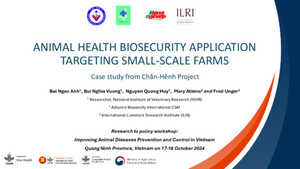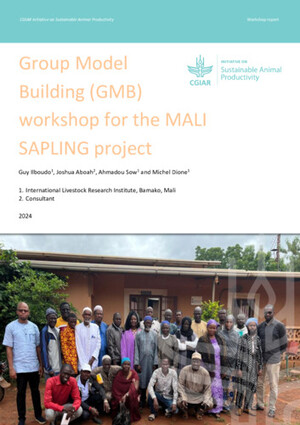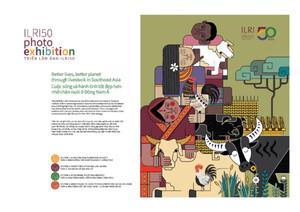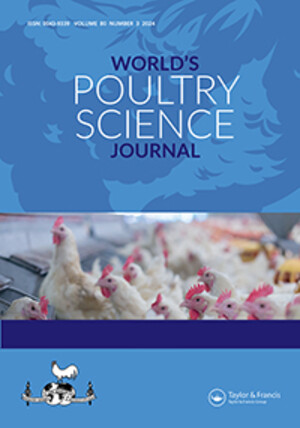
The public health importance and management of infectious poultry diseases in smallholder systems in Africa
Abstract
Poultry diseases pose major constraints on smallholder production in Africa, causing high flock mortality and economic hardship. Infectious diseases, especially viral diseases like Newcastle disease and highly pathogenic avian influenza (HPAI) and bacterial diseases, especially colibacillosis and salmonellosis, are responsible for most chicken losses, with downstream effects on human nutrition and health. Beyond production impacts, poultry diseases directly harm public health if zoonotic, can give rise to epidemics and pandemics, and facilitate antimicrobial resistance through treatment attempts. HPAI, campylobacteriosis, and salmonellosis are the priority zoonoses. Sustainable solutions for poultry health remain elusive despite recognition of the problem. This review summarises current knowledge on major poultry diseases in smallholder systems, their impacts, and options for prevention and control. We find biosecurity, vaccination, good husbandry, and disease-resistant breeds can reduce disease burden, but practical limitations exist in implementing these measures across smallholder systems. Treatment is often inefficient for viral diseases, and treatment for bacterial diseases risks antimicrobial resistance. Ethnoveterinary practices offer accessible alternatives but require more rigorous evaluation. Multisectoral collaboration and policies that reach smallholder poultry keepers are essential to alleviate disease constraints. Successful control will improve livelihoods, nutrition, and gender equity for millions of rural families. This review concludes that sustainable, scalable solutions for smallholder poultry disease control remain a critical unmet need in Africa.
Citation
Grace, D., Knight-Jones, T.J.D., Melaku, A., Alders, R. and Jemberu, W.T. 2024. The public health importance and management of infectious poultry diseases in smallholder systems in Africa. <i>Foods</i> 13(3): 411.










